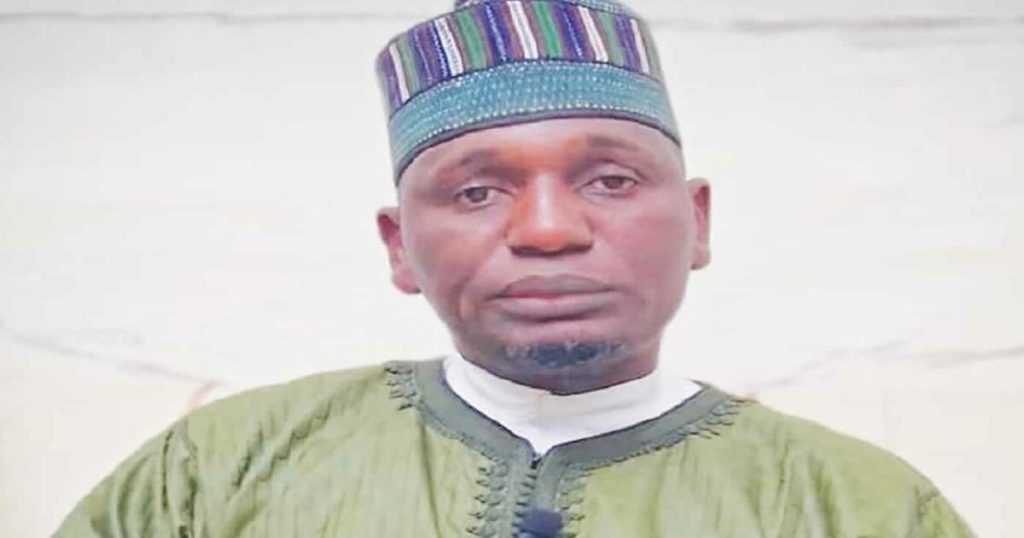The controversy surrounding Dauda Kahutu Rarara, a prominent Hausa political singer and staunch supporter of the All Progressives Congress (APC), and his acceptance of a fake honorary degree has ignited a debate, with opinions divided on whether the artist should bear the brunt of the criticism. Jadda Garko, a fellow APC supporter and Renewed Hope Ambassador, has vehemently defended Rarara, asserting that the musician was a victim of misleading organizers and should not be held accountable for the fraudulent award. This incident sheds light on the complexities of misinformation and the potential for exploitation in the realm of honorary degrees.
Rarara’s prominence in Nigerian politics, particularly in the northern region, stems from his influential music, which played a significant role in mobilizing support for Muhammadu Buhari’s presidential campaigns. His songs became anthems for the APC, solidifying his position as the party’s leading musical voice. This background makes the controversy surrounding the fake degree particularly sensitive, as it potentially impacts not only Rarara’s reputation but also the image of the APC. Garko’s defense, rooted in the belief that Rarara was misled, seeks to protect the artist from undue criticism and maintain his standing within the political landscape.
The incident involving the fake honorary degree is not an isolated case. A similar situation occurred earlier, with the Federal University Dutsin-Ma being falsely linked to honoring Rarara. The university publicly refuted the claim, highlighting the recurring nature of such deceptive practices. Garko draws a parallel between these two incidents, emphasizing that Rarara was a victim of circumstance in both cases. This repetition underscores the vulnerability of public figures to manipulation and the need for greater scrutiny of organizations offering such awards.
The organizers of the event in Abuja, operating under the guise of the European-American University, presented Rarara with the “honorary doctorate.” However, the institution subsequently issued a disclaimer, denouncing the award as fraudulent and disavowing any association with the ceremony. This revelation further fueled the controversy, raising questions about the due diligence conducted by Rarara and those associated with the event. The presence of dignitaries, including a governor and a minister, at the ceremony added another layer of complexity, suggesting that the organizers’ deception was elaborate and convincing.
Public affairs analyst Farooq Kperogi added weight to the accusations against the “university,” describing it as a sham lacking the legal authority to confer honorary degrees. This expert opinion further solidified the fraudulent nature of the award and highlighted the potential legal ramifications for the organizers. Garko, acknowledging the severity of the situation, appealed for restraint from those criticizing Rarara online, emphasizing that the musician was a victim of deception. He extended his sympathy to the governor and minister who attended the event, recognizing that they too were misled by the organizers.
Garko’s call for preventative measures highlights the need for greater awareness and vigilance regarding fraudulent awards. The incident involving Rarara serves as a cautionary tale, emphasizing the importance of thorough verification and due diligence before accepting or participating in such ceremonies. It also underscores the need for regulatory bodies to monitor and take action against organizations perpetuating these fraudulent practices, protecting individuals and preserving the integrity of honorary degrees. The incident serves as a stark reminder of the power of misinformation and the importance of critical thinking in an increasingly deceptive world.














